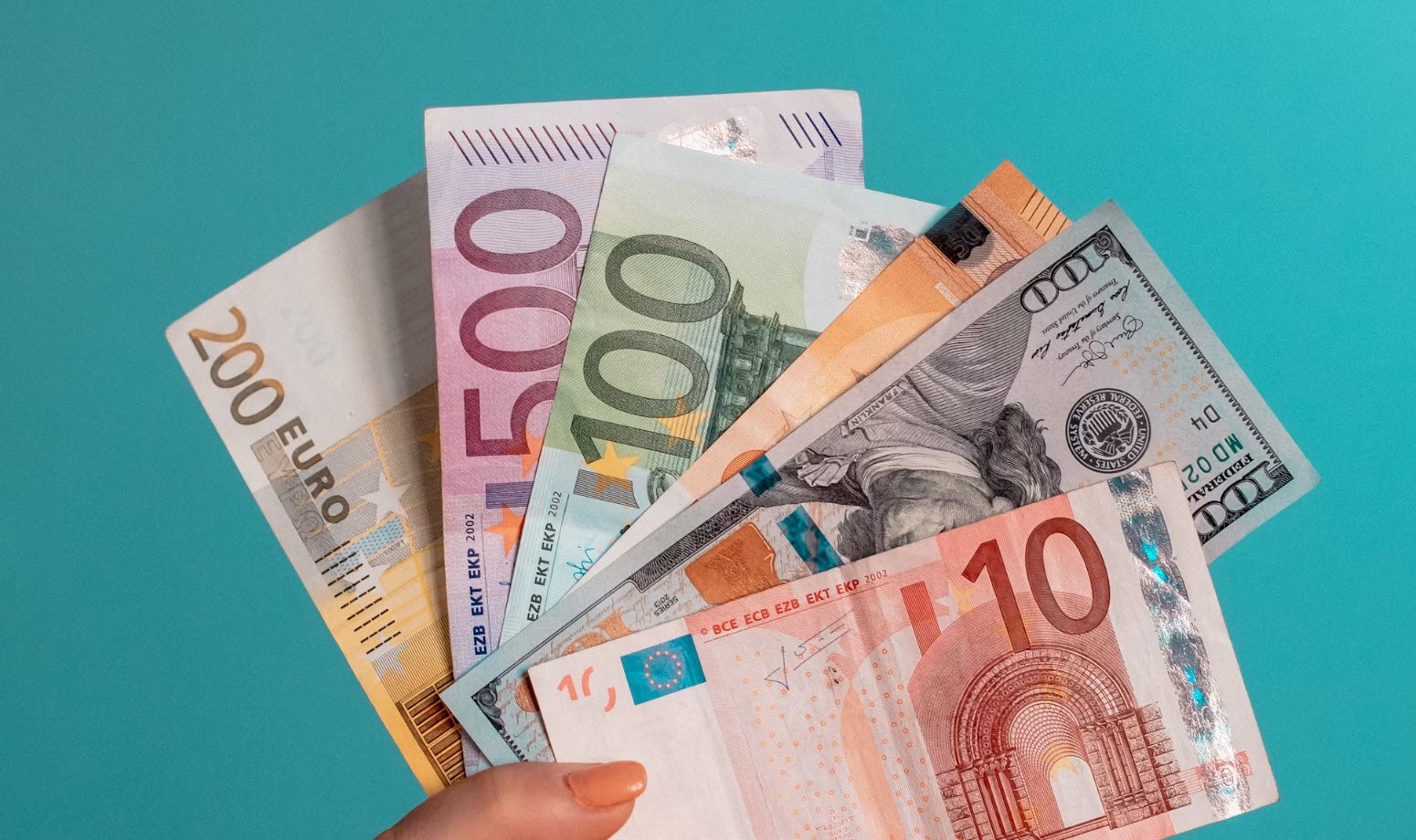
Top 10 Currency Exchange Tips for International Travelers
When traveling abroad, understanding how to exchange money smartly can save you time and money. Whether you’re visiting just one country or several, knowing the dos and don’ts of currency exchange can help you avoid high fees, bad rates, and unnecessary stress.
Here are the best currency exchange tips every international traveler should know.
1. Know the Local Currency Before You Go
Why it matters:
Some countries use the same names (like the dollar or peso) but with different values. Always check the official name and symbol of the currency in your destination.
- Look up the current exchange rate
- Learn what cash looks like (so you’re not confused at ATMs or shops)
2. Use ATMs for the Best Exchange Rates
Why it matters:
ATMs usually give you a better rate than currency exchange kiosks.
- Use bank-owned ATMs (not private ones in hotels or tourist spots)
- Withdraw larger amounts to avoid repeat ATM fees
- Let your bank know you're traveling (to avoid card blocks)
Tip: Use ATMs inside banks or airports for more security.
3. Avoid Airport and Hotel Currency Counters
Why it matters:
They offer poor exchange rates and may charge extra fees.
- Don’t change large sums of money at airports or hotels
- Exchange just enough to cover your first few hours (taxi, food, etc.)
4. Use a Credit or Debit Card with No Foreign Transaction Fees
Why it matters:
Some cards charge 2–3% per transaction abroad.
- Look for cards that offer 0% foreign transaction fees
- Use credit cards for larger purchases (flights, hotels, tours)
- Use debit cards for cash withdrawals
Pro tip: Travel-friendly cards include Wise, Revolut, Chase Sapphire, or Capital One.
5. Check Daily Withdrawal and Spending Limits
Why it matters:
You don’t want your card to stop working because you hit a limit.
- Adjust your daily limits before you leave
- Keep a backup card or some USD/EUR just in case
6. Never Choose to Pay in Your Home Currency
Why it matters:
Many shops or ATMs will offer to charge you in your home currency—it’s called Dynamic Currency Conversion (DCC).
- Always decline
- Choose to pay in the local currency for a better rate
7. Carry Some Cash, But Not Too Much
Why it matters:
Some places don’t accept cards (like markets, rural areas, or public transport).
- Carry small bills and coins
- Keep cash in different places (not all in one wallet)
- Use a money belt or hidden pouch for safety
8. Know Where to Exchange Leftover Currency
Why it matters:
Not all currencies can be exchanged back at home (especially coins or rare notes).
- Spend small coins before you leave
- Exchange leftover bills at the airport or a bank
- Consider donating leftover coins to charity boxes at airports
9. Use Currency Converter Apps
Why it matters:
These help you know exactly how much you're spending and avoid being overcharged.
Popular apps:
- XE Currency
- Currency Converter Plus
- Google Search ("100 USD in EUR")
10. Ask Locals or Hotel Staff
Why it matters:
Locals know the best spots for fair rates and honest service.
- Ask where to find reliable ATMs or exchange offices
- Don’t be afraid to double-check if the rate sounds off
Final Thoughts
Currency exchange doesn't have to be confusing or expensive. By following these simple tips—like using smart cards, avoiding airport exchanges, and always paying in local currency—you can stretch your travel budget and stay worry-free.
Remember: Every dollar, euro, or yen saved is one more for your next adventure!
Comments
Comments are closed.
 ENG
ENG






